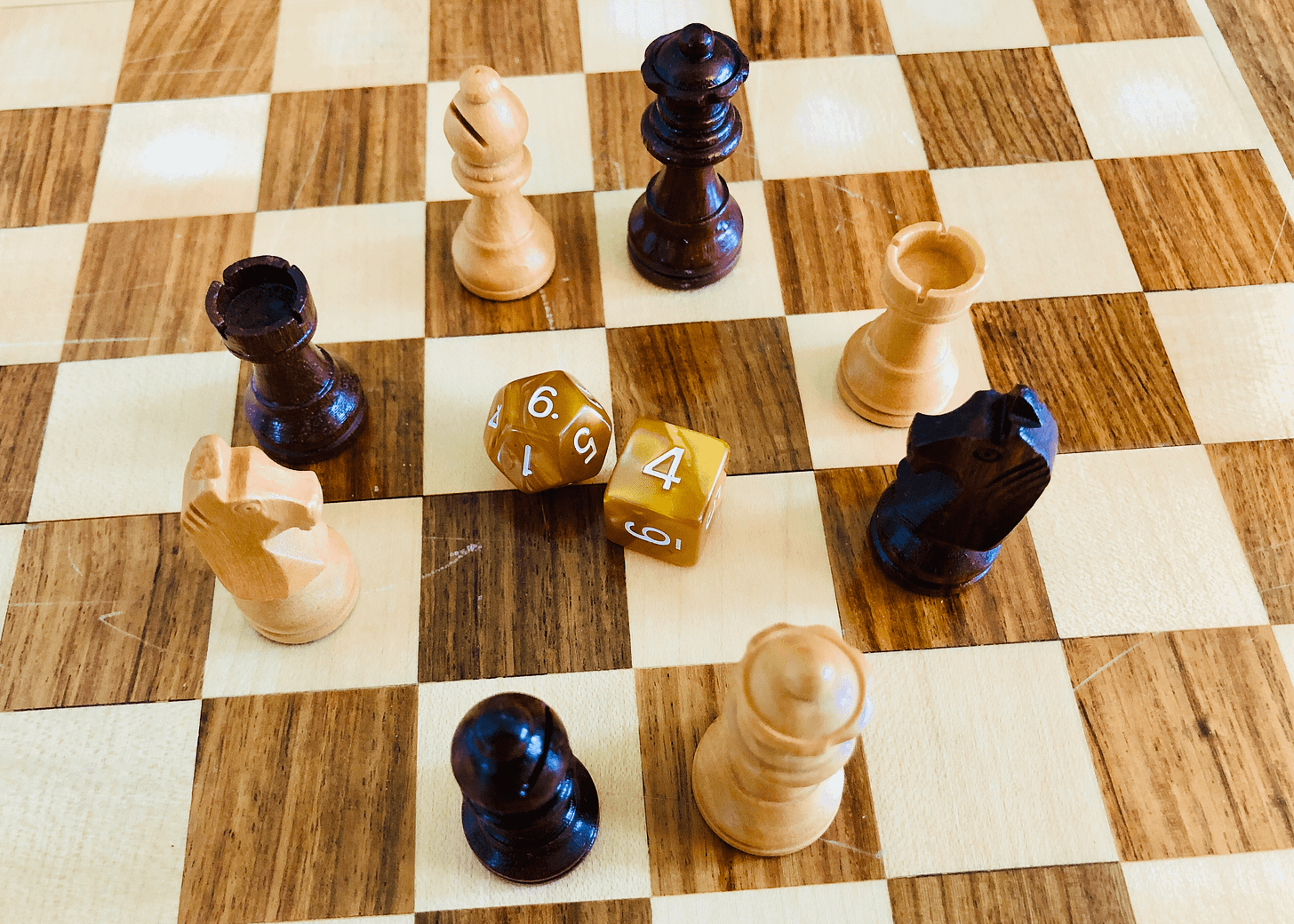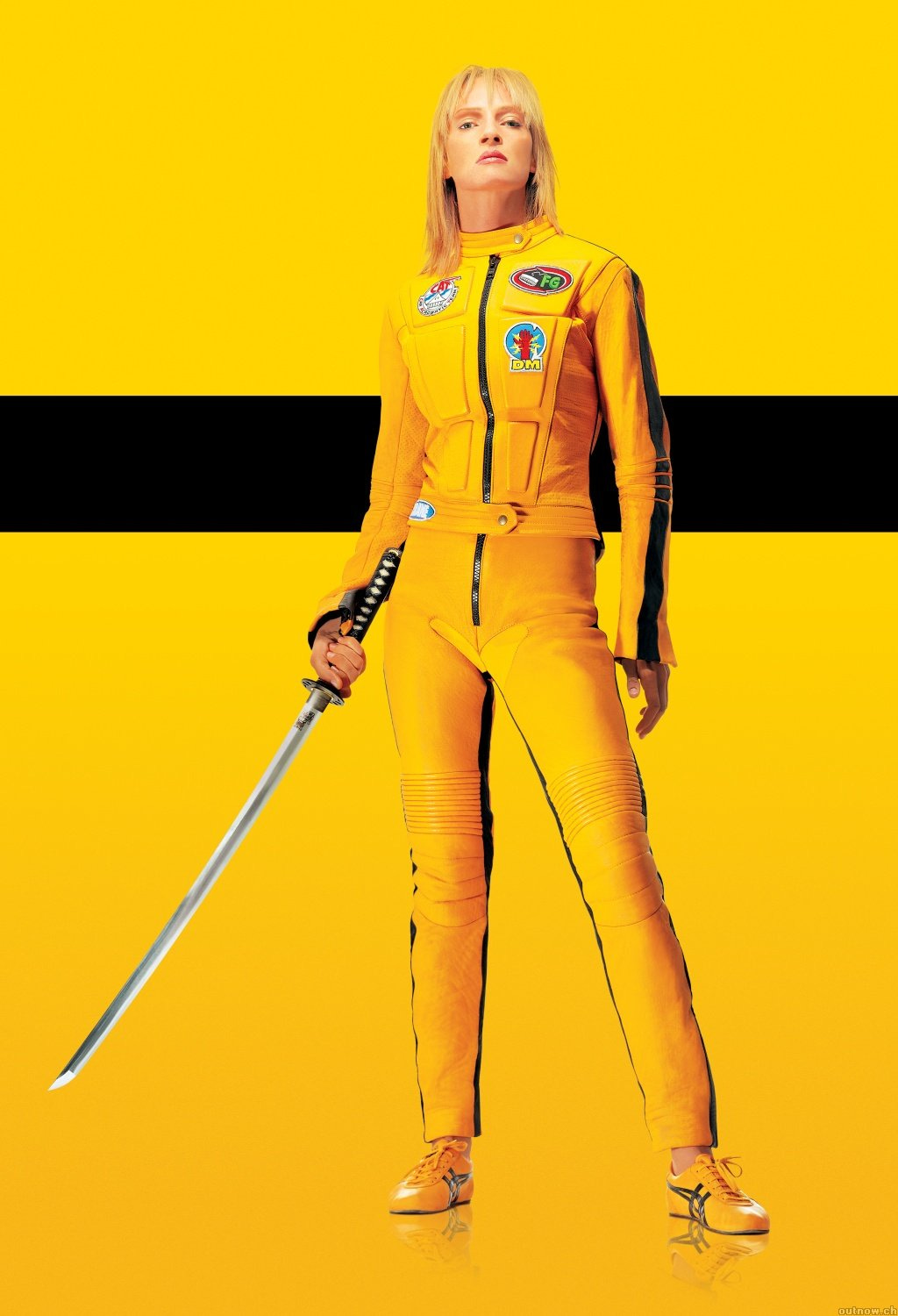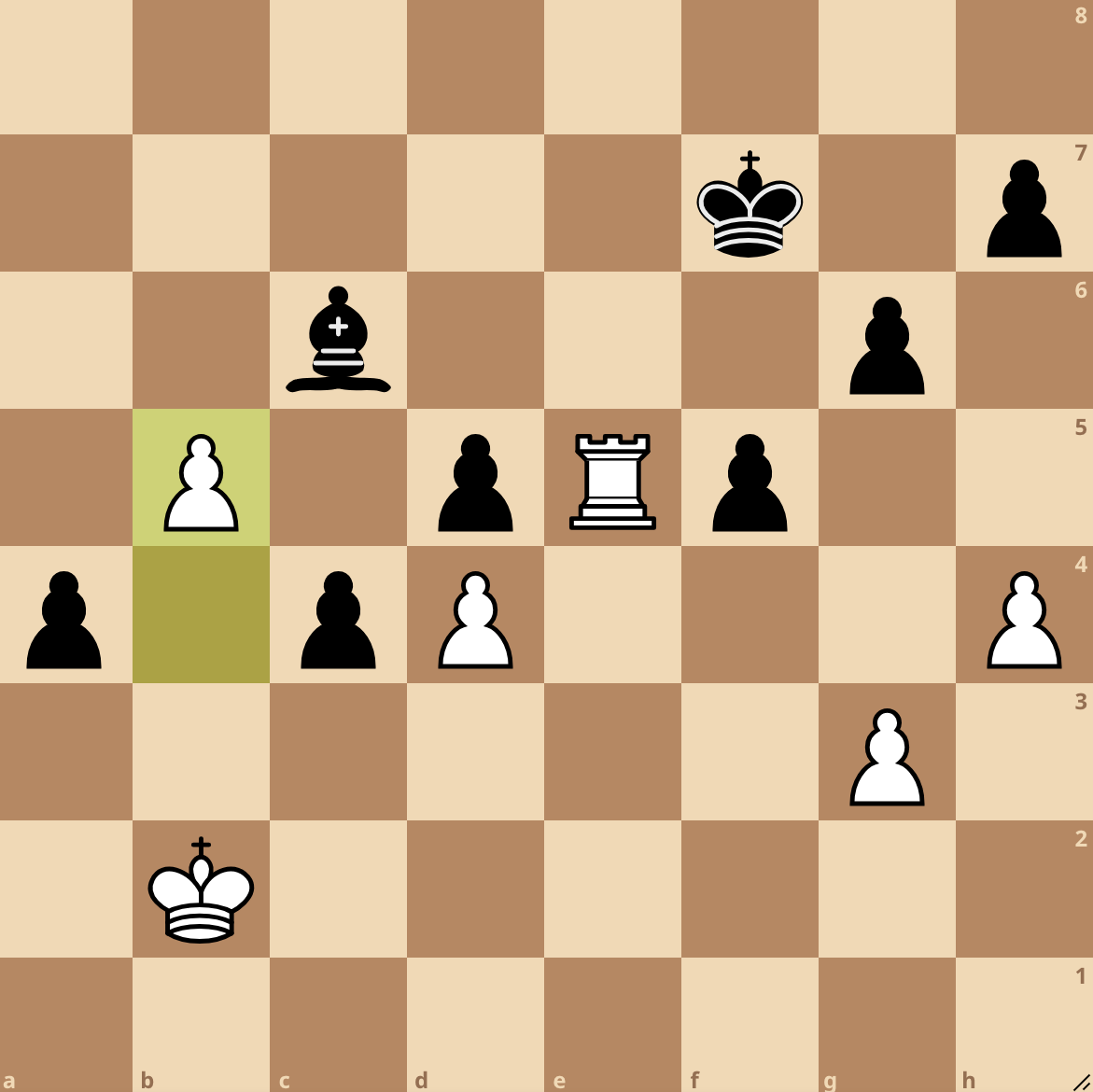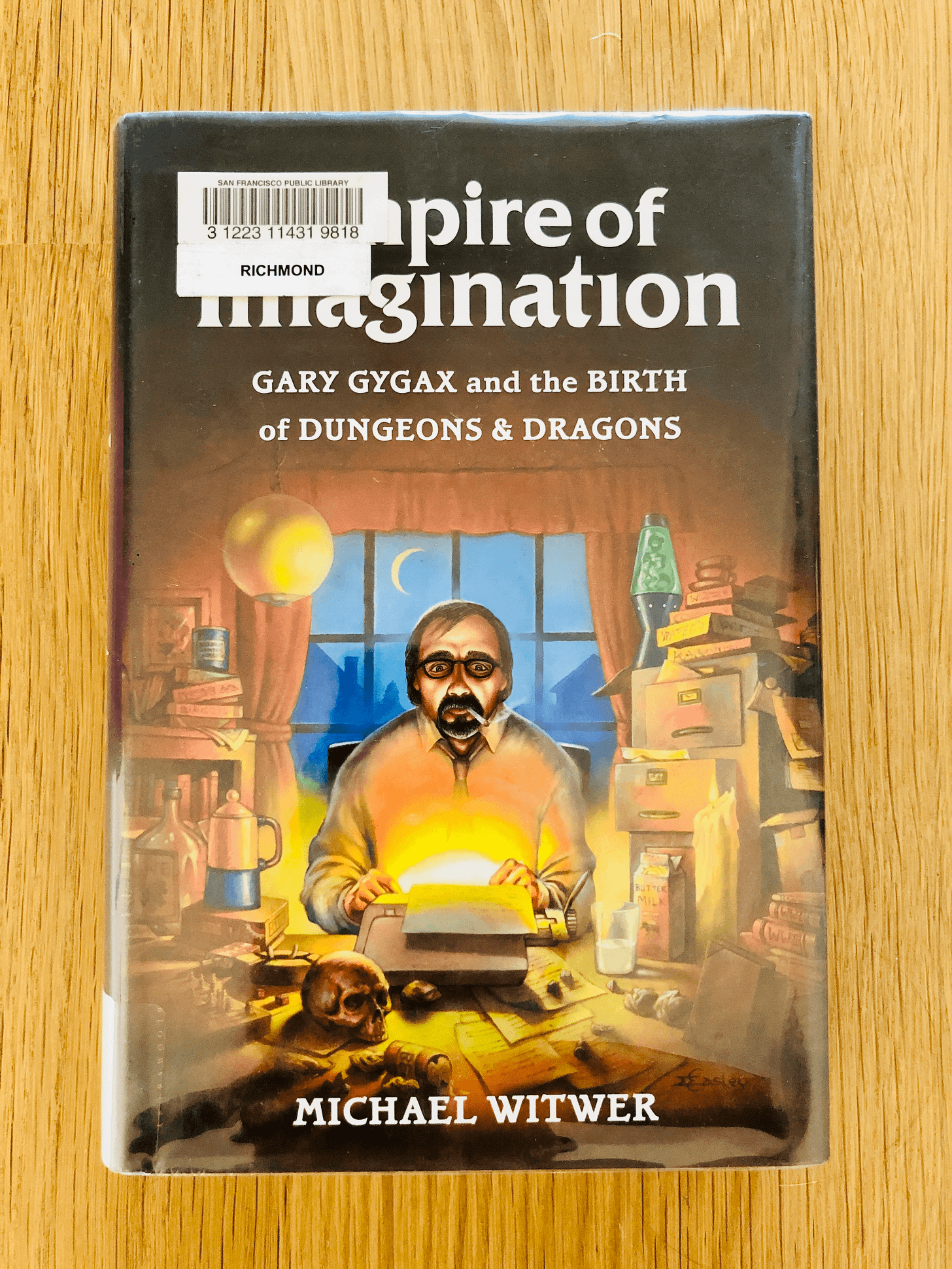Becoming a Merciless Rakshasa ...
Becoming a merciless rakshasa, or how roleplaying empowered my chess!
Confession: I’ve been in an extended dry spell when it comes to sitting around the table with friends and making attack rolls.
(It’s also been a hot minute since I wrote this newsletter! And yet somehow I’ve seen an inexplicable surge in subscribers over the past two weeks. So, as the Kinks say: give the people what they want.)
But just because I haven’t been playing Pathfinder, doesn’t mean I haven’t been roleplaying at a gaming table with other humans. In fact, the roleplaying skills I learned from Pathfinder will be my secret weapon at the National Open in Las Vegas this weekend.
Let me explain.
I first teased my dalliance with a rival tabletop game more than two years ago, in a post where I described how ideas from my quirky new side-hobby — chess — were helping to make me a better Pathfinder player.
Here’s the dirty truth: even in those early days, chess cast a Dominate spell against me, and I critically failed my save. I was fully at its mercy.
Since I began messing around with the 64 squares, my weekly Pathfinder game has been replaced by my weekly chess game; my circle of Pathfinder friends has been pushed aside in favor of my circle of chess friends; and my aspiration to become a working Pathfinder writer has given way to a new job coaching scholastic chess in elementary schools.
Yeah, it’s pretty serious.
On the topic of infatuations, please earn yourself a Hero Point by smashing that heart button up top. I have no idea what it accomplishes, but Hikaru approves!
Now, you’re probably thinking: “Dude, it sounds like you’ve been playing, uh, a LOT of chess, so you must be … like … a grandmaster or something by now?!”
No! I’m still terrible at chess!
But a funny thing happened last year when I hit an extended plateau in my chess rating, despite investing plenty of study to get better: I got the idea to draw on my decade of deep immersion in roleplaying games in order to win more chess games.
And here’s the second dirty truth: it totally worked.
The idea blossomed — like all genius ideas tend to do – in Las Vegas over the Christmas holidays. I was competing in the North American Open (the chess equivalent of PaizoCon) alongside 1000+ other chess degenerates, and between tournament rounds, I met up with an online chess acquaintance who knew me solely by my Internet nom-de-guerre.
“So, you’re Ambush Rakshasa?” he said, looking me up and down. “Somehow with that username, I pictured you looking a lot scarier!”
(Later, I texted Michael aka Gaspard the bestiary description of what a rakshasa actually is. “Dude, why would you name yourself after something so … evil?! That is seriously messed up.” Even chess players think fantasy roleplaying is weird.)
I performed perfectly fine at the tournament, but as had become my nagging weakness in chess, I let several higher-rated players off the hook in promising positions due to what I felt was my lack of killer instinct.
Maybe Gaspard is right, I began to wonder on my flight home. Maybe I need to become a lot scarier at the board?
The next trigger came a week later, when I was listening to the Chess Journeys podcast — did I mention that chess podcasts have fully replaced Pathfinder podcasts in my feed?! — where host Kevin Scull aka Dr. Skull, who’d played at the same Vegas tournament (in a much stronger section), described his own desire-slash-reluctance to unleash a more ruthless version of himself at the chessboard:
In my early 20s, the killer instinct took over all aspects of my life, and it was very bad, so I’ve bottled it up into this little jar I keep on a shelf and I’m like, “Killer Instinct, I can’t really tap into you, you’re too overwhelming.” And when I open it up just a little to tap into it, it’s been fine so far. But I’m worried if I fully pull the stopper off that bottle, things are going to go sideways.
Kevin’s guest recommended a book by Todd Herman called “The Alter Ego Effect: The Power of Secret Identities to Transform Your Life.” The book describes how elite athletes and executives train to perform this exact trick: becoming that ruthless version of themselves on the court or in the boardroom, and then turning it off afterwards to show up as a kinder and loving version of themselves at home.
Huh, I thought to myself, hearing the technique described. That sounds … a lot like what I used to do during a Pathfinder session.
Immersive roleplaying! It’s at the heart of the TTRPG hobby, and while Player Characters tend to inhabit heroic archetypes, we Game Masters are trained to play all manner of villains — demons, dragons, rakshasas — lusting to spill the heroes’ blood.
In his book, Herman describes working with LA Lakers’ superstar Kobe Bryant during the period following his trial on sexual assault charges in Colorado, when the NBA superstar felt he needed to become a better family man, but feared losing his competitive edge on the court.
So together they created an alter ego for Kobe, which he could unleash from the opening tip to the final whistle: the Black Mamba. As Herman writes:
Kobe approached getting into character for the Black Mamba persona as similar to an actor preparing for a role. He would put himself in a mental cage and become the Black Mamba, a stone-cold killer with no emotion or pressure.
(“Black Mamba” is, of course, a reference to The Bride aka Beatrix Kiddo, the badass deadly assassin portrayed by Uma Thurman in Quentin Tarantino’s 2003 film, “Kill Bill.” Fun fact: I named my daughter after this same character! Like I said: fantasy roleplayers are weird.)
Tournament chess, I’ve come to realize, is a weird game, too: it features a sometimes incongruous collision of cerebral and emotional aspects.
On one level, chess requires dispassionate strategy and calculation. But there’s a second layer of psychological struggle, as you aim to overcome another human sitting directly across from you at the board.
I realized I’d been investing all my training hours into improving at the former. But in a weird way, my commitment to being a decent human being was holding me back on the latter front: I wanted good things for my opponent, too! And in complicated positions, I was too willing to feel my own vulnerability and doubt.
So I made a New Year’s resolution for 2025: leaning into my experience as a Pathfinder GM, I would try becoming Ambush Rakshasa at the chessboard, from the moment the clock started until the final checkmate.
Todd Herman instructed Kobe Bryant to learn everything he could about the actual black mamba (dendroaspis polylepis), one of the deadliest snakes in Africa, so that he could fully inhabit the role and dominate his opponents. This meant I needed to decode the specific attributes of the notorious rakshasa that I wanted to embody in my chess games.
Here’s the list I came up with:
Illusionist who disguises intentions
Insatiable devourer of mortal prey
Tactically disciplined and decisive
Compelled to perform as tormentor
Fierce and extremely hard to kill
To translate these monstrous attributes into human terms, I wanted to:
Have a better poker face at the board, so that my opponent couldn’t gain confidence when I was struggling internally
Be greedy to claim victory for myself at all costs, rather than simply being satisfied to let the better player win
Develop a more finely tuned antenna for those rare moments when my opponent offered me an opportunity to seize control
Feel like I had no other choice than to push for total domination, despite my natural instincts for compassion and kindness
Fight back in positions where I felt my opponent had gained an edge, always holding out for a last chance to turn the tables
Herman writes about the power of sensory ritual to snap us into and out of these alter ego states:
To help him get into character, [Kobe] would listen to the Halloween theme song over and over again, choosing the Michael Myers version because of the mask’s lack of expression.
This approach reminded me of the innovation that my GM friend Das came up with many years ago, where they would light a candle at the beginning of a Pathfinder session to signal the moment when we willingly left our everyday selves behind in order to fully inhabit our fantasy roles.
So, being a Proustian at heart, I decided to use taste and smell to trigger my own descent into my ruthless alter ego: since the rakshasas of legend hail from South Asia, I would use the distinctive aroma of cinnamon.
Spicy, punchy, earthy. And, if you squint at it just right, the slightest bit … evil.
I tested out the approach in online games: even hidden behind a screen, I would perform a sort of summoning ritual, willing myself to become Ambush Rakshasa for intervals of 15 minutes plus a 10 second increment per move. I’d inhale the scent from a curl of actual cinnamon bark, and then touch my tongue to the sharp tips of my canine teeth to remind myself that I was a trained killer out for blood.
The early results seemed … promising?
Armed with my roleplaying toolkit and a mantra — “FEROCIOUS, METHODICAL, MERCILESS” — to help keep me in character during those four-hour classical chess encounters, I decided to deploy my secret weapon in an OTB (in-person) tournament game.
By luck of the draw, I ended up paired against the first chess friend I’d ever made at my home club of Mechanics’ Institute in San Francisco.
Dominic was rated 361 points higher than me on the USCF Elo scale (1312 to my 951), which meant he should be able to defeat me 8-times-out-of-9. And in the many training games we’d played over the past 18 months, I’d learned a lot (translation: he usually won).
This was a perfect test: could I really set aside my feelings of friendship and go for the throat?!
Insatiable devourer of mortal prey. Compelled to perform as tormentor.
I misplayed the opening (the White side of an Exchange French) and lost a pawn, but I didn’t let my panic show. I doubled down on my willingness to fight.
Illusionist who disguises intentions. Fierce and extremely hard to kill.
Eventually, Dominic decided to sacrifice an exchange — trade rook for bishop — for a second pawn and an attack on my king. Coolly, I reached into my jacket pocket for a tin of cinnamon-flavored Altoids mints.
Tactically disciplined and decisive.
I sensed an opportunity to complicate the game, muddying the waters and sending us into what World Chess Champion Mikhail Tal called his “deep dark forest where 2+2=5, and the path leading out is only wide enough for one.”
We got into a messy endgame. I trapped his bishop. Our pawns raced to promotion.
I made a queen first. Dominic was dead lost. He stopped the clock and offered his hand in resignation.
Then, one last really weird thing happened: we reset the pieces, I stood up from the board, finally allowing my alter ego mask to drop … and I rushed to hide my face because I was suddenly overcome with emotion.
This was the big win I’d been desperate to earn for so long. But it had come at the expense of my first chess friend, my sparring partner and biggest cheerleader, the person I should be texting right away to share news of my heroic triumph.
And the same person I should be offering compassion to after his tough loss.
That’s the power of roleplaying, of inhabiting an alter ego: our hero can murder our buddy’s monster over dice and beers, and then we can laugh about it afterwards as humans.
But I’ve also known the rare experience of a really great Pathfinder session when, by some black magic, we edge into a place where I begin to care a little too much about a character. Sometimes, the story goes to an emotionally fraught place. And when the GM calls it a night and extinguishes the candle, the sudden comedown can feel shocking and scary and even a little soul crushing.
We went to the bar after the round ended, and I bought Dominic a beer.
The next week, Ambush Rakshasa slayed an even higher rated opponent (a 1379, someone who should beat me 11-times-out-of-12).
A few weeks later, he crushed a 1267 in the final round, gaining a remarkable 175 rating points from a single tournament.
Watch out, Las Vegas: Ambush Rakshasa will be summoned again this weekend at the National Open.
Ferocious. Methodical. Merciless.
THE MINI AND THE DICE
Those amber cat’s eye d12 and d6 — remember, the iconic rakshasa wears a tiger’s head in his monstrous form — are of unknown providence, plucked from my overflowing GM sack-o’-dice. But the board and chess pieces are no accident: that’s my 12-inch magnetic folding travel set by House of Staunton, finished in golden rosewood and maple.
Fun fact: the National Open in Vegas provides all the boards and pieces for tournament play, and if you win your final round game (or draw as Black), you get to keep the vinyl chessboard. Good motivation!
NEW FROM THE WAREHOUSE
New to me, anyways: this past winter, I caught up on the salacious history of the founding of Dungeons & Dragons with a book I plucked from the shelf of my local public library.
“Empire of Imagination: Gary Gygax and the Birth of Dungeons & Dragons” delves into the heroic backstory of Ernest Gary Gygax (1938-2008), one of the modern world’s most famous geeks.
From Gary’s childhood experience exploring an abandoned insane asylum in Lake Geneva, Wisconsin (aka the first irl dungeon crawl), to the Satanic Panic of the early 1980s that boosted D&D sales fifteen-fold within a few years, to the cutthroat boardroom intrigues that forced Gary out of the TSR publishing empire he founded, the stories unspooled by author Michael Witwer are catnip for someone like me who only came to TTRPGs in the past decade.
That’s it for this month, aka checkmate. And so, as I say at the end of every Pathfinder module I run: this has been Ambush Tactics. I’ve been your Game Master. I hope you had a fun time.
Adventure!








